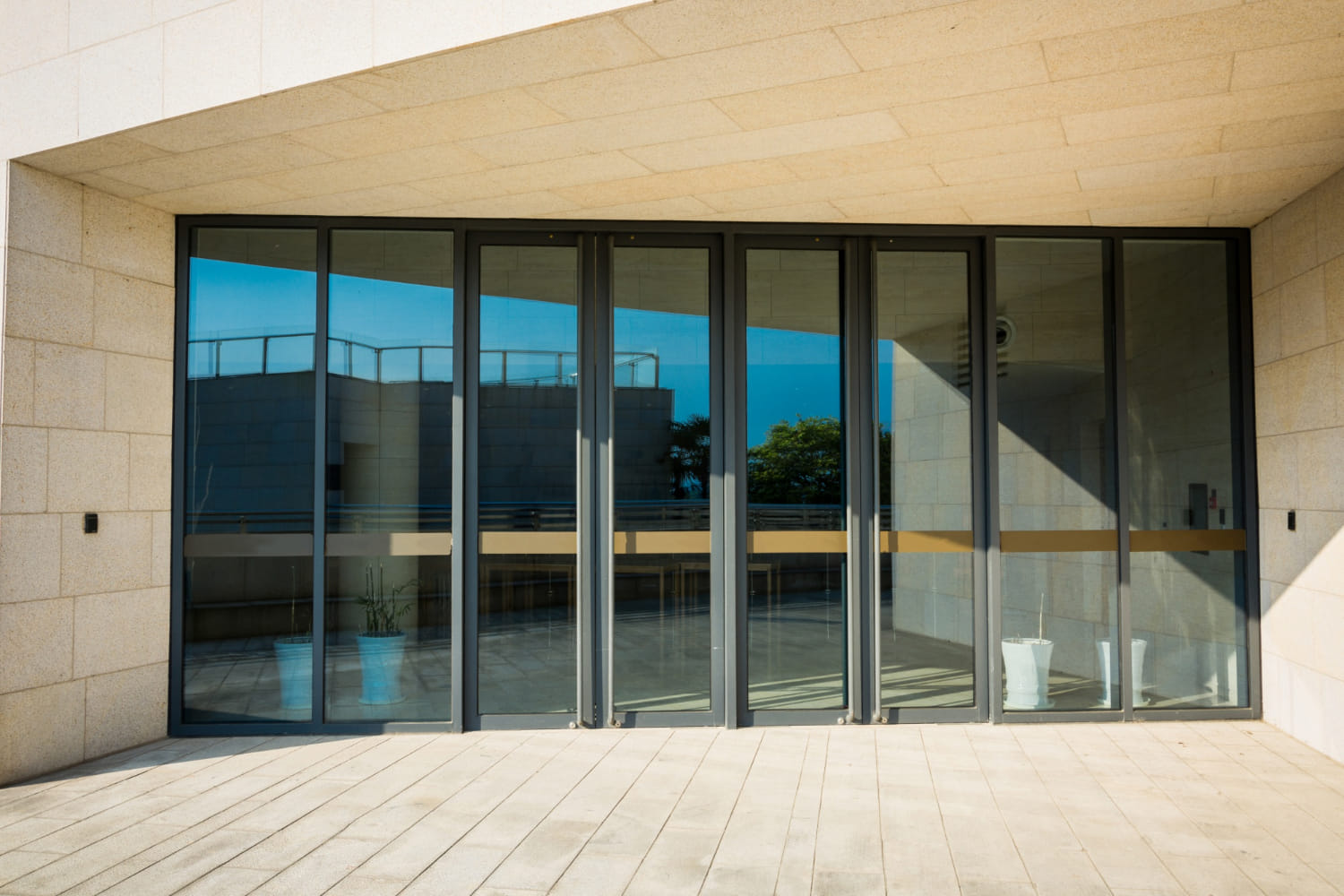Why Australian Businesses Are Switching to Automatic Sliding Doors
Your manual doors are costing you money every single day. Between staff complaints about constant door opening, accessibility violations waiting to happen, and HVAC systems working overtime to compensate for air loss, you’re facing operational headaches that automatic sliding doors could eliminate immediately.
Australian commercial property owners lose thousands annually on energy waste from poorly sealed manual doors. With extreme temperature variations across the continent—from scorching summers in Queensland to freezing winters in Victoria—your entrance doors directly impact operating costs. Professional automatic sliding doors Australia installations address these challenges while improving accessibility and customer experience.
The Energy Drain Problem
You’re paying for conditioned air that’s literally walking out your front door. Manual doors stay open longer during entry and exit, letting hot air flood your air-conditioned retail space or cold drafts penetrate your heated office. Studies show automatic sliding doors reduce energy loss by up to 30% compared to manual alternatives because they open only when needed and close immediately after passage.
In Darwin’s tropical climate or Perth’s Mediterranean heat, this translates to measurable HVAC savings. Your cooling system runs less frequently, extends its lifespan, and reduces maintenance calls—all from switching to automatic operation.
Accessibility Compliance Issues You’re Ignoring
Here’s the uncomfortable truth: your manual doors probably violate DDA requirements. The Disability Discrimination Act mandates accessible building entry, and heavy manual doors create barriers for wheelchair users, elderly customers, and people carrying packages or pushing strollers.
Automatic sliding doors eliminate these compliance risks entirely. They provide hands-free operation, adjustable opening speeds, and sufficient clearance widths that meet Australian accessibility standards without requiring constant staff assistance.
Staff Efficiency and Customer Experience
Your reception staff shouldn’t be doorkeepers. Every time they stop working to assist someone with packages or mobility aids, you’re paying for interrupted productivity. Automatic sliding doors handle entry and exit independently, allowing staff to focus on actual customer service rather than door management.
The professional appearance matters too. Customers associate automatic doors with modern, well-maintained businesses. When someone approaches your entrance and doors glide open smoothly, it creates a positive first impression that manual doors simply cannot deliver.
Weather Resistance for Australian Conditions
Australian weather extremes punish building entrances. Coastal properties battle salt air corrosion, northern regions face intense UV exposure and humidity, while southern locations deal with temperature fluctuations and occasional frost. Quality automatic sliding doors Australia installations use weather-resistant materials, robust sealing systems, and UV-protected components designed specifically for local conditions.
The engineering differences matter. European or American door systems often fail in Australian climates because they’re not built for our specific environmental challenges. You need systems tested and proven in similar conditions to ensure long-term reliability.
Conclusion
Automatic sliding doors make financial sense when you calculate total costs: reduced energy bills, eliminated accessibility liability, improved staff productivity, and enhanced customer experience. The payback period typically ranges from two to four years, after which you’re generating pure savings.
For Australian businesses prioritizing operational efficiency, customer satisfaction, and regulatory compliance, automatic sliding doors aren’t luxury upgrades—they’re practical investments that solve multiple problems simultaneously. The question isn’t whether to switch, but how much longer you can afford to delay.
